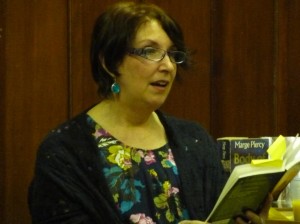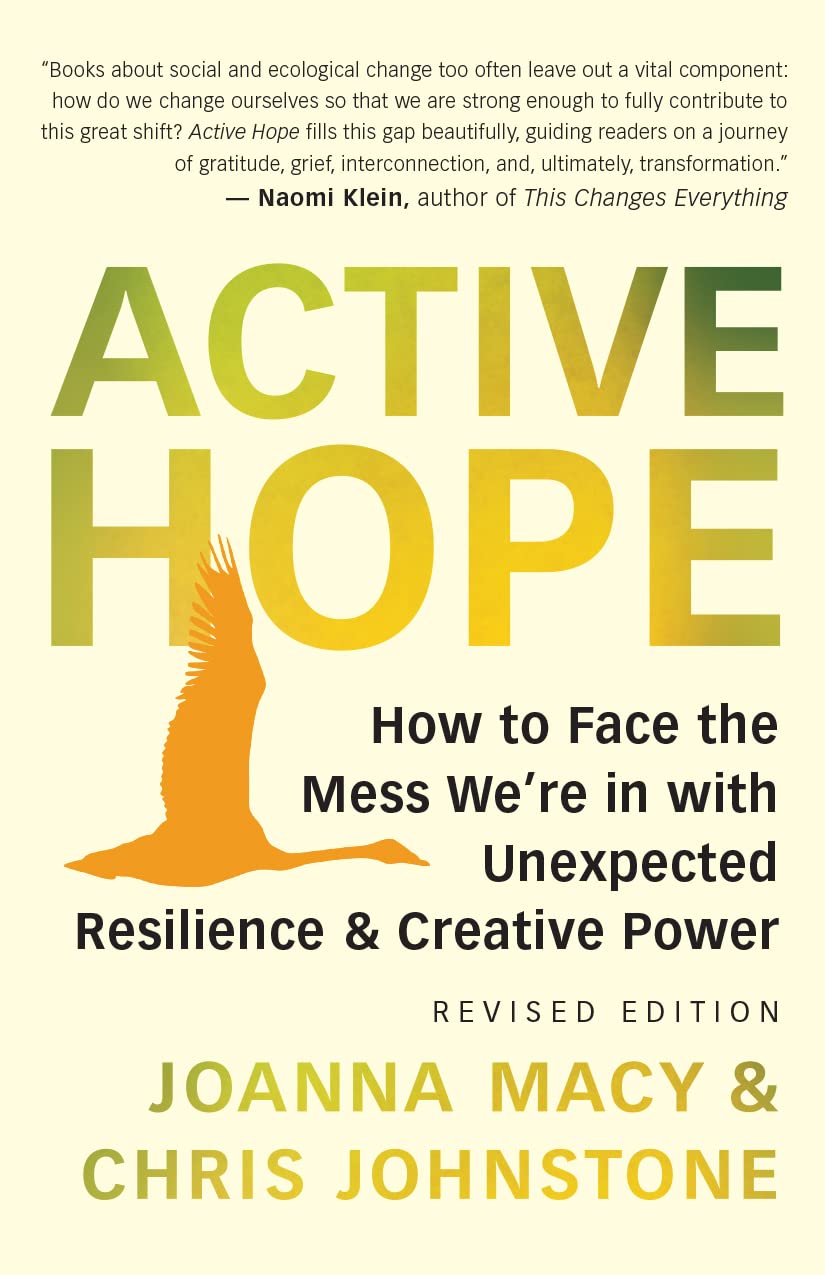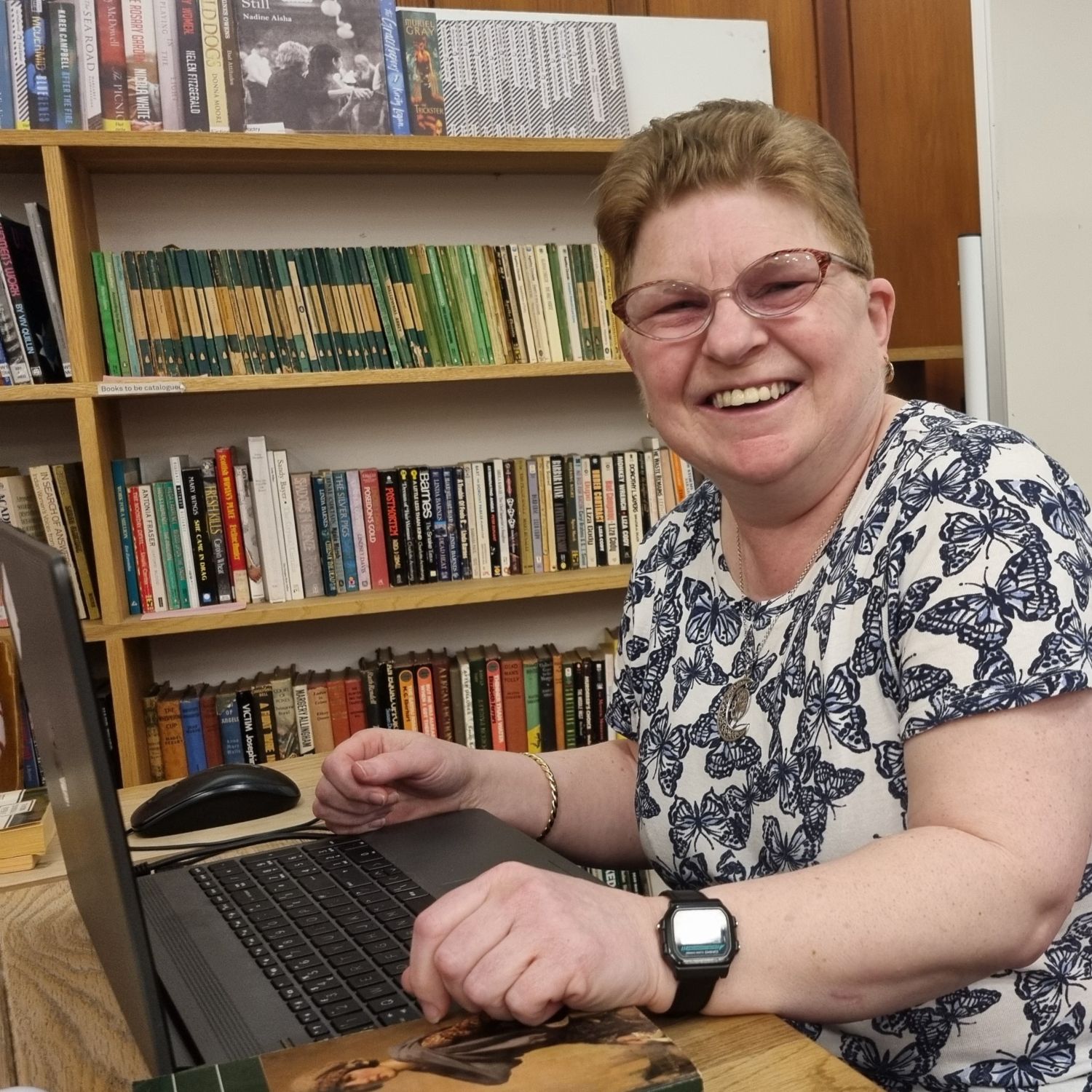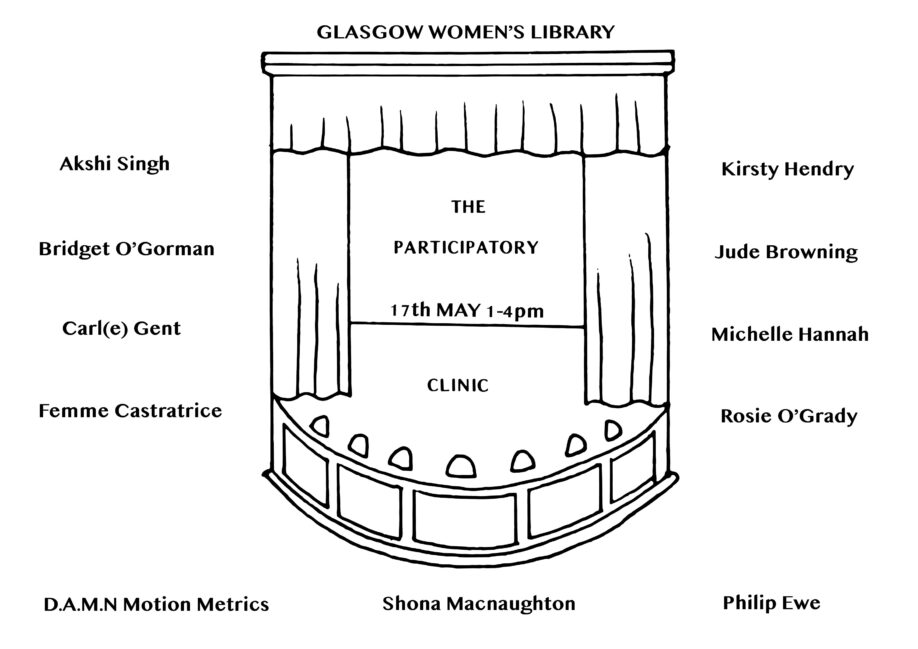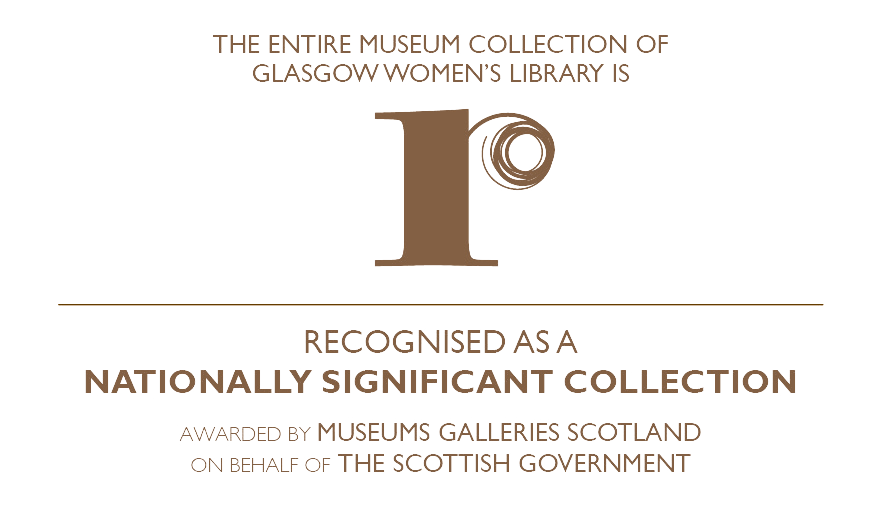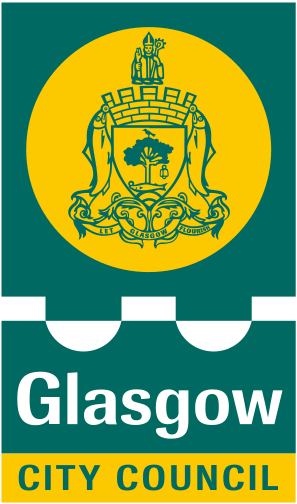The right book at the right time
Way back, when I was a young(ish) mum and had not long started writing, a friend gave me a loan of a poetry book called FAT LIKE THE SUN by ANNA SWIR. Never heard of it, or, for that matter, her? Well, neither had I.
Anna Swir was a twentieth century Polish poet (1909 – 1984), and FAT LIKE THE SUN was the first selection of her work to be published in the UK, thanks to the ground-breaking Women’s Press and a translation by Grazyna Baran and Margaret Marshment. My copy also has an introduction by The Raving Beauties, who did much to promote and rescue women’s poetry back in the 1980s. I note that my copy is first published in 1986. I must have read it not long after that.
At the time I was hungry for poetry that spoke to me, to the life I was living. At school in the sixties I’d been force-fed a diet of dead male nineteenth century poets, and from the twentieth century, dead male war poets.
I was just discovering writers like Sylvia Plath and Maya Angelou when Helen Lamb introduced me to Anna Swir. During one memorable evening when I was babysitting for a neighbour, and her wee ones were blissfully asleep, I read Helen’s copy cover to cover. And then again.
I was bowled over by the way Swir wrote about women’s lives – and about being a woman – in a quietly elegant conversational tone, while at the same time using metaphors and images that soared from the page.
I was already writing poetry, thanks to a WEA Women Writing group and encouragement from poet, Brian McCabe who was Writer in Residence in Stirling at the time, but I’d bumped up against a distinct lack of encouragement (in fact, downright disapproval) from many men I met at the few mixed writers’ workshops I tried attending. And why? Because I was writing about my own life experiences.
Suddenly I understood – those men wouldn’t have encouraged Anna Swir either! Yet here she was, speaking to me, touching me, reflecting life back to me in a way I could totally relate to.
More recently I was shocked to discover the opprobrium poured on Anne Sexton, another inspirational female poet – American, this time. Novelist James Dickey wrote of her work in the mid-sixties,
‘It would be hard to find a writer who dwells more insistently on the pathetic and disgusting aspects of bodily experience, as though this made the writing more real, and it would also be difficult to find a more hopelessly mechanical approach to reporting these matters than the one she employs.’
Well, Mr Dickey, I’d like to say to him now, the truth of the matter is that women live in their bodies, and they have every right to explore what that means to them in their poetry and their art.
I wonder if Mr Dickey felt it was an insult to his manhood when Anne Sexton wrote her marvellous and touching poem, The Ballad of the Lonely Masturbator. Sisters doing it for themselves, indeed. (For more of that check out Dory Previn’s wonderfully amusing song, Twenty Mile Zone.)
But back to Anna Swir, who once described herself as
‘a feminist in a country without a women’s movement, a vegetarian in a country that prides itself in its meats and sausages, a teetotaller in a country famous for its vodka.’
Reading Fat Like The Sun was a real CLICK! moment for me as a writer and poet. Not only did I love reading Anna’s poetry, but I knew for sure I was on the right track with my own writing. No one was ever going to tell me again I shouldn’t be writing about childbirth! (Yes, that did actually happen.)
Take a read of Anna Swir’s poem on Motherhood, a poem all can read and appreciate, but only a woman could truly write. Whether you’re a mother, or a daughter, or indeed neither, I hope you enjoy it.
Motherhood
I have borne a life.
It came screaming from my insides
and, like an Aztec deity,
demands the sacrifice of my life.
I bend over the small doll
and we look into each other’s eyes.
You won’t get the better of me, I say,
I won’t be the shell
of the egg you crack open
as you burst into the world,
nor the footbridge you cross to get to your own life.
I’ll defend myself.
I bend over the small doll
and notice
a tiny movement in a tiny finger
which no time ago was inside me, under whose delicate skin flows
my own blood.
And that’s it – I’m submerged
by a towering wave
of humility.
Helpless, I drown.
Is it myself I worhsip
in the fruit of my own body?
Am I sacrificing myself
to the cannibal god of instinct?
Where will I summon the strength to resist
her, weak as she is?
The small doll needs me as much as she needs air.
I submit willingly to being swallowed by love,
I submit to being swallowed like air
by her tiny greedy lungs of life.

